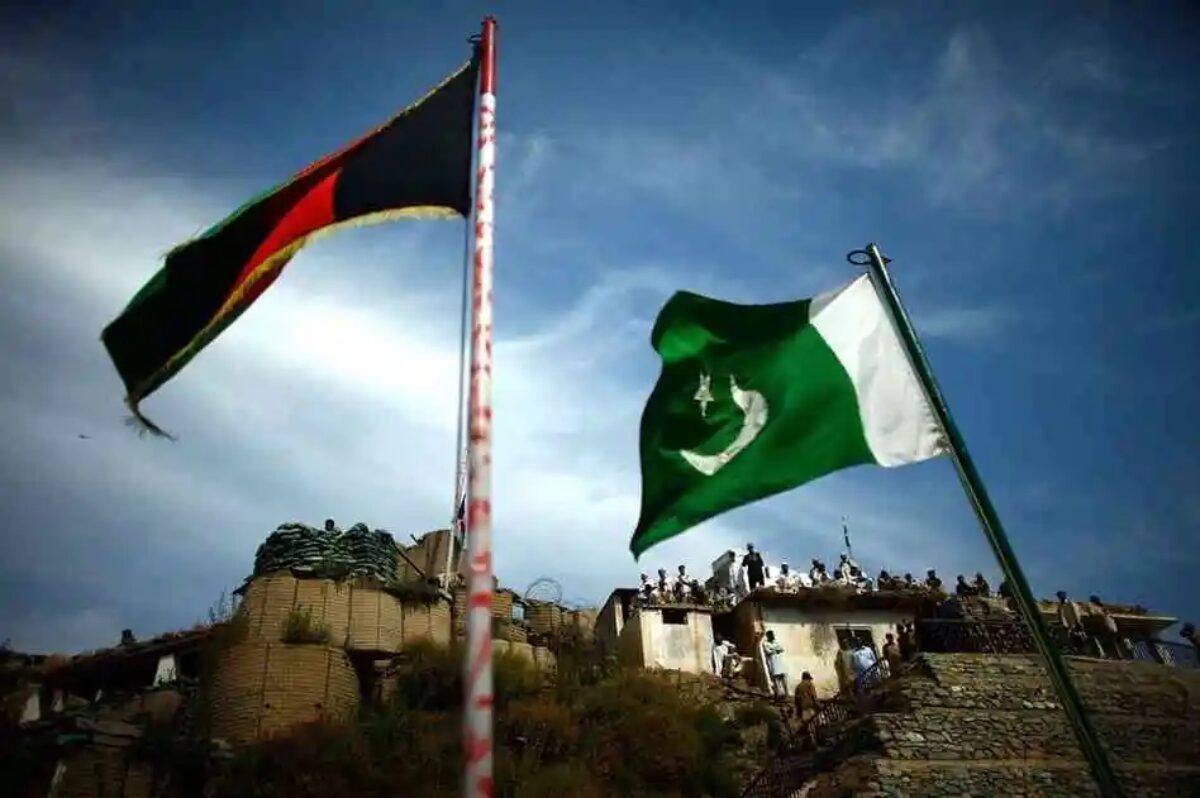Majid Mokhtari in an interview with the site of Strategic Council on Foreign Relations referred to the Emergency Meeting of the Council of Foreign Ministers of OIC Member Countries in Islamabad which was held aiming at studying the situation in Afghanistan, and noted:” We witnessed Islamabad efforts made to change the situation in Afghanistan. It was emphasized in the remarks made by Imran Khan, Pakistani Prime Minister, that the first issue is to deal with fragile economic status of Afghanistan and its need to urgent financial resources”.
Having pointed out to Imran Khan’s remarks who said in case of non- cooperation among states and international organizations, Afghanistan crisis may turn to the most important man-made crisis, the expert counted two messages in his statements as remarkable and added:” Pakistan in interested to show herself as the channel and the path to send aids to Afghanistan. In fact, the country managed to tie itself to a large number of issues related to Afghanistan from 1980s. Now, at the end of 20 year-long U.S. presence in Afghanistan, the country also seizes the opportunity to revive the policy of helping Afghanistan through Pakistan again.
Pakistan’s Interests in Afghanistan
Having stated that Pakistan is looking to turn to vital vein to Afghanistan, the analyst on the country’s issues said:” Islamabad intends to take possession of financial resources of Kabul frozen throughout the world and thus to conditioning both Afghanistan’s weak economy and to take appropriate control of Taliban’s behaviors through financial and economic ways and means.
Mokhtari commented Pakistan’s invitation extended to the United Nations, the U.S., European Union, China and Russia to attend in the Emergency Meeting of OIC to bold the role played by Islamabad in Afghanistan’s issues and added:” Pakistan tries to introduce itself, in a way, as the defending attorney of Afghanistan and Taliban in fact at international scope. Legitimization of the political role played by Pakistan and subordinating Taliban and its foreign policy to this country are two core issues that Pakistan intends to well harbor them.
He mentioned the strategy of Taliban to be recognized at the OIC Meeting (and its demand to OIC to be recognized by the Organization) and stressed that:” at this junction, all countries and particularly Pakistan are looking for non-recognition of Taliban in order to meet their national interests and implementing their policies on Afghanistan.
Interaction Policy instead of Recognizing Taliban
The expert on Afghanistan issues mentioned sending financial aids, unfreezing part of financial resources of the country, coordination of contributions, increase of investment, helping the economic management of the country and also reconstruction of Afghanistan foundations as other noticeable issues in the OIC Meeting and added:” participating member countries in the Meeting showed that they are more interested in following up interaction policy rather than recognition of Taliban in Afghanistan.
Mokhtari explained:” the policy means active involvement of those countries that have not recognized Taliban yet but they are ready to cooperate in order to prevent the intensification of human crisis in the country. In fact, this is the policy that Pakistan manages in a way at the present situation to maintain its maximum interests as well of those of Taliban in Afghanistan.
Concerning the positions of attending countries in the OIC Meeting about the Taliban demand to be recognized, he reviewed a range of different views and said:” one category deals with few countries including Iran, continues to believe in a far-reaching government and emphasizes the continuation of dispatching humanitarian aids to Afghanistan. Unfortunately, the present situation of Afghanistan does not confirm the movements to this direction. Other countries are not ready to approach this viewpoint too.
As Mokhtari believes, Turkey and Arab countries follow their initiatives on Afghanistan more or less through Pakistan to avoid imposing high security and political costs upon themselves and to be able to follow up a part of their interests.
The analyst on Afghanistan issues pointed out the freezing of about $ 10 billion of Afghanistan assets in the Western countries and continued:” Pakistan tries to direct the amount for Afghanistan through her own channel and to control its direction as well as to attract economic resultants emanated from it to herself.
Taliban’s Long Way to be Recognized
Having stated that the presence of Amir Khan Mottaghi, nominated Foreign Minister of Taliban as the guest of the Meeting contained messages, Mokhtari said:” the way Taliban was invited, indicated that it has to follow a long road to be recognized. Yet, holding the Meeting showed that at least at present situation Taliban is the only voice that Islamic and other states are ready to listen in Afghanistan”.
He mentioned that Pakistan achieved its objectives by hosting the Emergency Meeting of OIC and said:” Pakistan is implementing the policy of turning Islamabad to the capital of Taliban foreign policy”.
The expert on Afghanistan issues mentioned the allocation of $ 4.5 billion by OIC through Islamic Development Bank (IDB) and added:” the main question is the channel through which the allocation will reach to Afghanistan. Pakistan made every pivotal effort in the course of the Meeting to be the channel of the operation”.
Mokhtari also referred to some critiques against the remarks raised by the Prime Minister of Pakistan at the OIC Meeting about the justification of restrictions imposed by Taliban on the education of girls and expressed:” the remark was an effort to show in a way the legitimacy of Taliban’s behavior in view of the social structure of Afghanistan in order to reduce a part of pressures exerted by human rights organizations”.










0 Comments